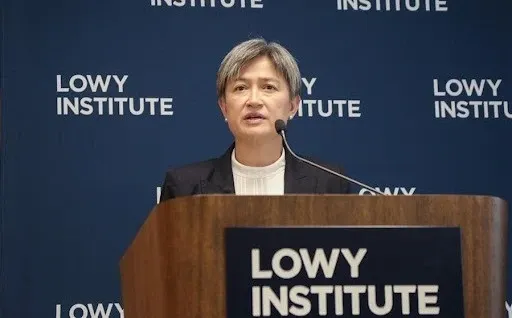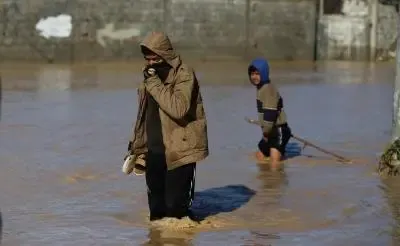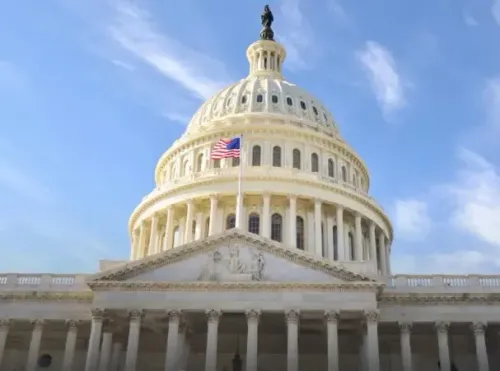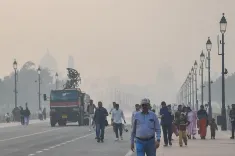Why Did Australia Suspend Its Embassy Operations in Iran?

Synopsis
Key Takeaways
- Australia has suspended its embassy operations in Iran due to escalating military tensions.
- The government has directed all officials and their dependents to leave.
- Australia's Ambassador will remain to manage the response.
- Over 2,000 Australians have sought assistance to depart Iran.
- Italy continues its embassy operations amidst the conflict.
Canberra, June 20 (NationPress) The Australian government has announced the suspension of its embassy operations in the capital of Iran, directing officials to exit the country in response to the intensifying military situation in the area.
The Minister for Foreign Affairs, Penny Wong, confirmed that the government has mandated the departure of all Australian diplomats and their families from Iran, citing advice regarding the "deteriorating" security conditions.
In her statement, Wong indicated that Australia’s Ambassador to Iran will remain in the region to assist with the government's crisis response, and staff from the Department of Foreign Affairs and Trade (DFAT) will be sent to Azerbaijan to aid Australians leaving Iran.
“We strongly encourage Australians who can safely exit Iran to do so immediately. Those who cannot, or choose not to leave, should seek shelter in place,” Wong stressed.
As of Friday, over 2,000 Australian citizens had registered with DFAT for assistance to depart Iran, as reported by Xinhua news agency.
In contrast, Italy will continue operations at its embassies in both Tehran and Tel Aviv during the ongoing conflict between Iran and Israel and is organizing charter flights to help Italian citizens wishing to leave the two nations, according to Antonio Tajani, the Minister of Foreign Affairs and International Cooperation.
Meanwhile, the Israel Defense Forces declared they conducted a series of overnight airstrikes in Tehran, targeting numerous sites associated with Iran's missile and nuclear weapons programs.
Key targets included military industrial facilities utilized for missile production and the headquarters of Iran's Organisation of Defensive Innovation and Research.
US President Donald Trump is expected to make a decision regarding a potential strike against Iran within the next two weeks, as stated by White House Press Secretary Karoline Leavitt.
“Given the significant possibility of negotiations that may or may not occur with Iran in the near future, I will decide whether or not to act in the coming two weeks,” Leavitt conveyed during a briefing, addressing speculation on US involvement in the Iran-Israel conflict.









